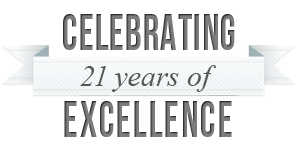Despite accelerating costs and unstable economic times, lifelong learning remains one of the smartest investments a person can make to ensure future success. To level the discussion, it is important to broaden the definition of education. In the aerospace and defense industry, the well-qualified candidate may be a technical or trade school graduate, the recipient of a college or post-graduate degree, or may have achieved professional certification in a critical skill area. Today’s educational landscape is diverse and more accessible than ever before.
With the aperture widened on what post-high school education means, it is important to consider its benefits. Studies show that over time, skilled workers are more employable, earn more, and have more opportunities for advancement. However, it would be remiss to ignore the benefits of continued education beyond skill acquisition. The academic environment encourages students to move out of their comfort zones through hard study, teamwork, and the attainment of challenging goals. Students network to learn from the best practices of others; they make valuable observations about how to interact successfully with all personality types; they discover how to budget their time, cope with stress, and make decisions confidently. These aren’t just skills for a successful career, they are skills for a successful life.
In the long view, an educational focus is equally beneficial to individual contributors and those in management roles. We realize today that in terms of influence and organizational knowledge, both have critical roles to play.
By the same token, staying current over time also increases competency and competitiveness in the marketplace, as well as a person’s network of contacts. This could take the form of self-study, volunteerism, or professional certifications.
Apart from the business experience of helping my company form and execute a complex human resources strategy domestically and internationally, my personal experience mirrors this advice. Growing up in Pittsburgh, many of my peers moved from high school to well-paid factory jobs. There were many inducements to take that path, and not many examples of successful college graduates on which I could model a different path forward. Yet every bit of education I have attained since, both degreed studies and professional studies, translated directly into career opportunities and the personal success skills mentioned earlier.
In short, only you can attain your goals for career success. Where better to invest your time and resources than yourself?







